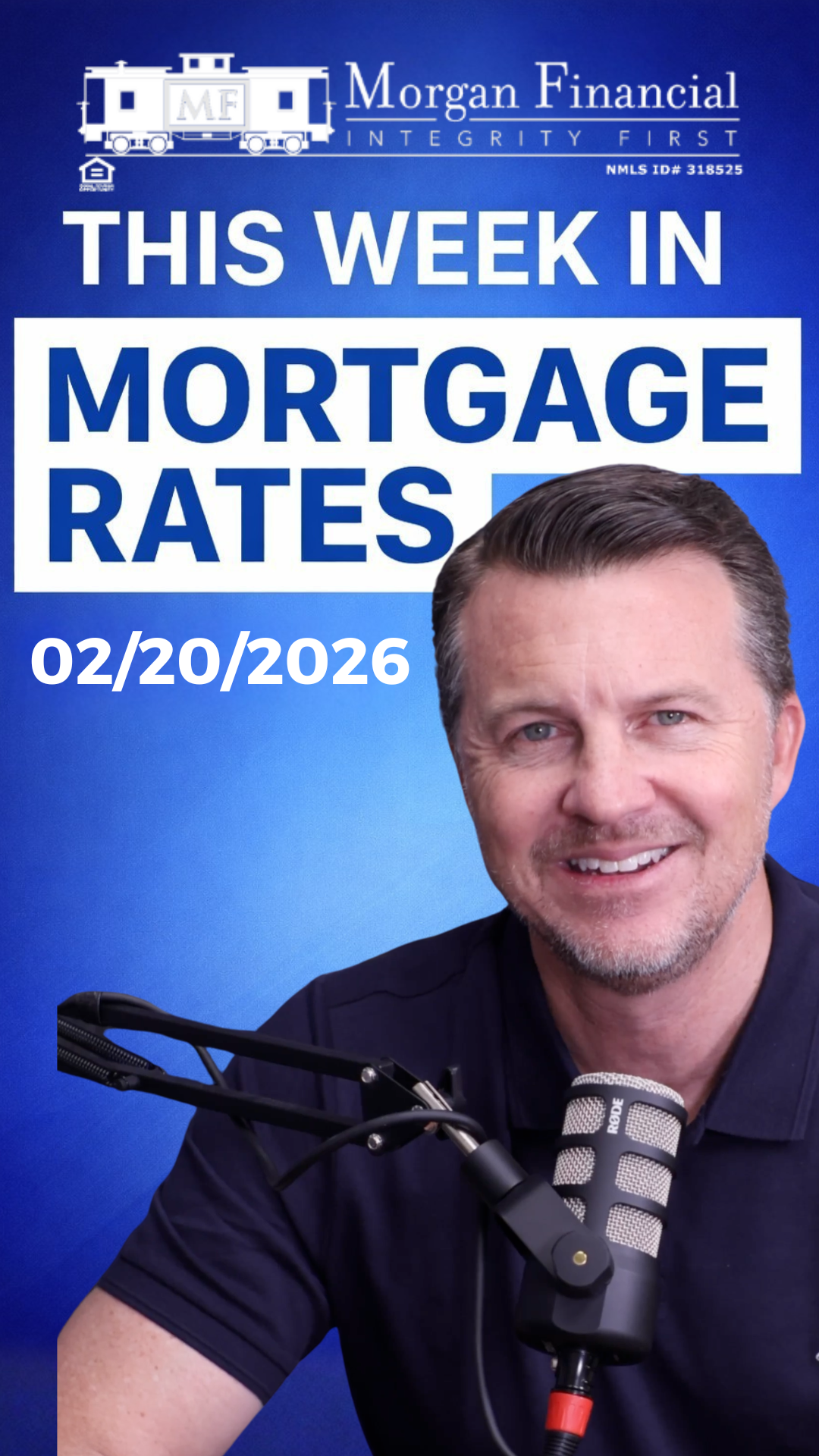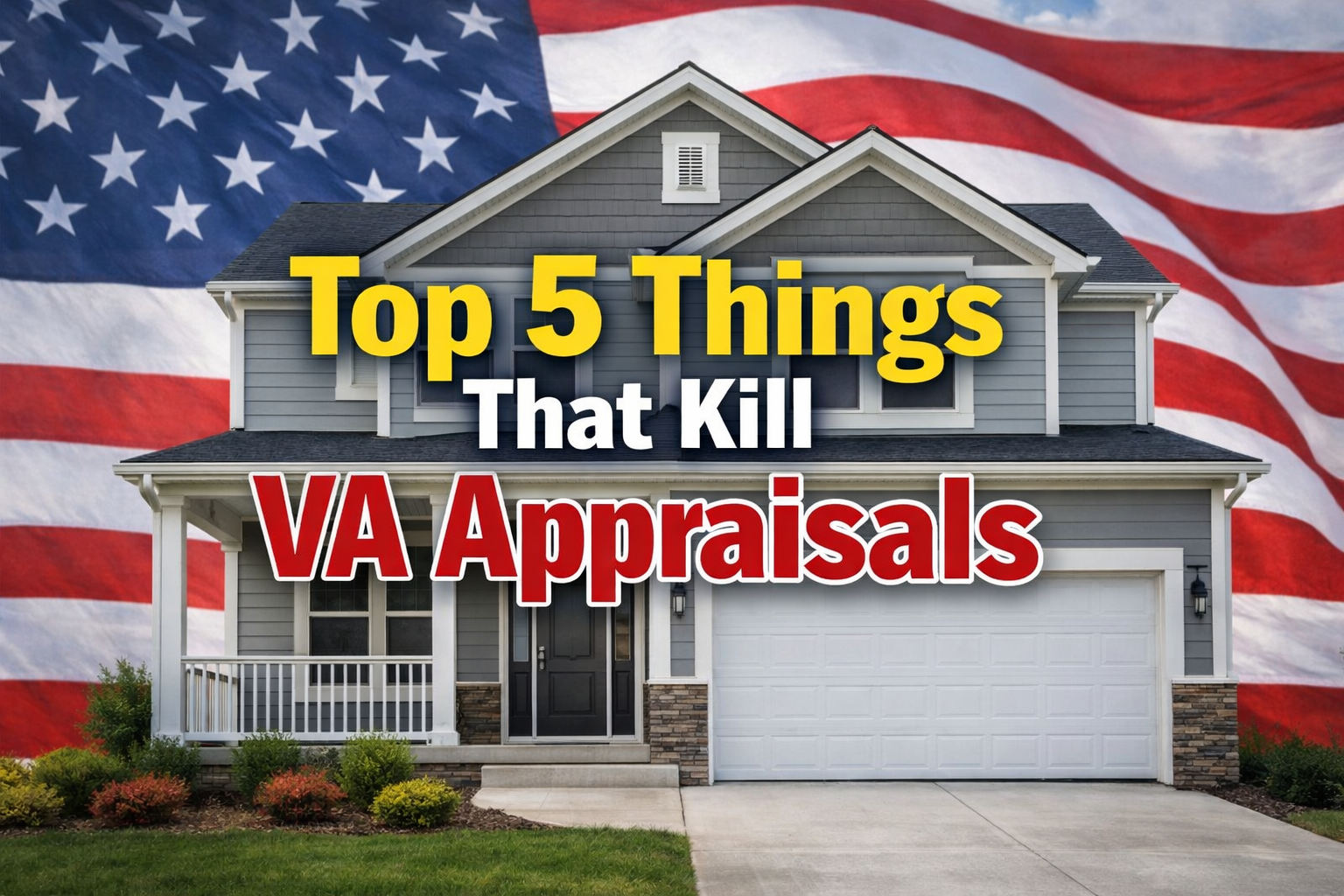Understanding Mortgage Rate Locks
What Is a Mortgage Rate Lock?
A mortgage rate lock is an agreement between you and your lender to secure a specific interest rate for a set period, typically ranging from 15 to 60 days. This lock ensures that even if market rates rise before you close on your home, you’ll still receive the agreed-upon rate.
Why Do Mortgage Rates Change?
Mortgage rates are influenced by a variety of factors, including the secondary market where lenders buy and sell loans, economic indicators, and Federal Reserve policies. Just like stocks, these rates can fluctuate frequently, sometimes multiple times within a single day.
How Long Can You Lock in a Mortgage Rate?
Standard Lock Periods
Most homebuyers opt for a 30-day rate lock, aligning with the typical closing period of a home purchase. However, lenders like Morgan Financial offer flexibility:
- Short-Term Locks: 15 to 30 days
- Extended Locks: 45 to 60 days
- Long-Term Locks: Up to a year (usually for new construction)
Factors to Consider
- Contract Length: Ensure your rate lock period covers the time until your scheduled closing date, with a few extra days for unforeseen delays.
- Cost Implications: Longer lock periods may come with higher interest rates or upfront fees due to the time value of money.
When Is the Best Time to Lock in Your Mortgage Rate?
Don’t Try to Time the Market
Attempting to predict mortgage rate movements is risky. Market conditions can change rapidly due to economic news, geopolitical events, or shifts in investor sentiment.
Lock When You’re Comfortable
- Assess Affordability: If the current rate offers a monthly payment you’re comfortable with, it’s wise to lock in.
- Risk vs. Reward: While rates might drop after you lock in, they could also rise. Locking secures your rate, removing the uncertainty.
What If Rates Drop After You Lock?
Float-Down Options
Some lenders offer a “float-down” provision, allowing you to secure a lower rate if market rates decrease significantly before closing. Terms vary, so discuss this option with your lender.
Refinancing Post-Closing
If rates drop substantially after you’ve closed, refinancing your mortgage could be an option. Keep in mind that refinancing comes with its own set of costs and considerations. Click here if you are looking for y our refinancing options.
Risks of Not Locking Your Mortgage Rate
- Increased Costs: Even a small uptick in interest rates can significantly increase your monthly payment and total loan cost.
- Qualification Issues: Higher rates might affect your debt-to-income ratio, potentially jeopardizing your loan approval.
Final Considerations Before Locking
- Consult with Professionals: Work with experienced mortgage professionals like those at Morgan Financial to understand your options.
- Monitor Market Conditions: Stay informed about economic indicators that could influence rates.
- Read the Fine Print: Understand the terms of your rate lock agreement, including any fees or conditions.
Ready to Lock in Your Rate?
At Morgan Financial, we’re committed to helping you navigate the complexities of mortgage financing. If you have questions about rate locks or want to explore your options, Contact us at Morgan Financial Our experts are here to guide you every step of the way.
Ready to Apply?
At Morgan Financial, we can certainly assist qualified self-employed borrowers secure mortgages. Contact us today to see how we can help you achieve your homeownership goals!
Looking for even more ways to save? Contact us at Morgan Financial to discuss your mortgage options, whether you’re buying, refinancing, or just curious about your next steps in this evolving market!
Reach out now to get started on securing the home of your dreams or refinancing to save more on your current mortgage.





